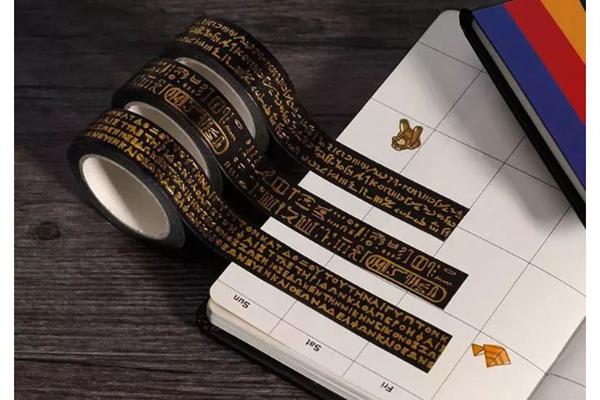【】
LAS VEGAS -- Do your headphones pack enough bass? Even if they do, they can never give you that experience of being physically pushed by a powerful surge of air -- you know, the one you get in a nightclub.
But a small wearable from a German startup called Lofelt might.
Called the Basslet, it's a wearable subwoofer -- a device that connects with your phone and vibrates on your skin to the rhythm of the song you're listening to. It successfully Kickstarted in June 2016, selling more than 4,500 units, and now it's coming to the U.S. and the UK.
SEE ALSO:LG's new 4K TV is thinner than an iPhoneI've tried the Basslet out at CES and was pleasantly surprised with its accuracy. It does not lag behind the music -- a feat that wasn't easy to achieve, a company rep tells me -- and it really does add an extra dimension to the listening experience, making you feel the bass on your body instead of just hearing it with your ears.
Visually, the Basslet is a simple black rectangle that's best described as a smartwatch without a face. I like the aesthetics, and I can see it being popular among younger users, but it will fit with any look. It has only two buttons, which let you change the "volume." At the top setting, the Basslet is truly rocking through your bones; lower settings might be preferable for a more balanced musical experience.
The Basslet mercifully does not need any sort of connection to your phone, meaning there's no annoying Bluetooth pairing. But, it does require a dongle of sorts, which connects to the phone's headphone jack (a company rep tells me this would work through the iPhone headphone jack-to-Lightning dongle) and wirelessly transmits the data to the Basslet. This connection is seamless; you don't have to ever worry about it. You do, however, need to charge the Basslet after six-plus hours of listening, which is done by magnetically connecting the Basslet to its dongle, which is itself connected to power via a regular micro USB cable.
So what if you already have a wearable? No problem; you can wear the Basslet on the other hand. If you wear two wearables, like an Apple Watch and a Fitbit, it'll probably be hard to find a place for the Basslet. Also, when you're not listening to music, the Basslet just takes up space on the wrist; it does not have a clock or any other functions.
 Basslet, its dongle connected to a smartphone, and another Basslet in the background.Credit: Stan Schroeder/Mashable
Basslet, its dongle connected to a smartphone, and another Basslet in the background.Credit: Stan Schroeder/MashableThis is actually is the biggest complaint I have about the Basslet -- it feels like a piece of technology that should be embedded into a smartwatch instead of being sold as a separate item.
And the technology, which Lofelt claims is much more advanced than your regular smartphone vibrating motor, is a big part of the equation -- and the company's future. A top-five car manufacturer has already chosen and tested the Lo Sound engine, as the tech is called, in its concept car cockpits. Use cases include warning the driver when they've made a wrong turn or helping them brake at the right moment. The tech is also being evaluated by VR and gaming companies. Lofelt will have more info to announce soon.
The Basslet will be available on Feb. 7 in the U.S. and the UK for $199 and £169, respectively, on Amazon and Lofelt.com.
Featured Video For You
Yes, this TV really is transparent
TopicsCES
- 头条新闻
- 图片新闻
- 新闻排行榜








